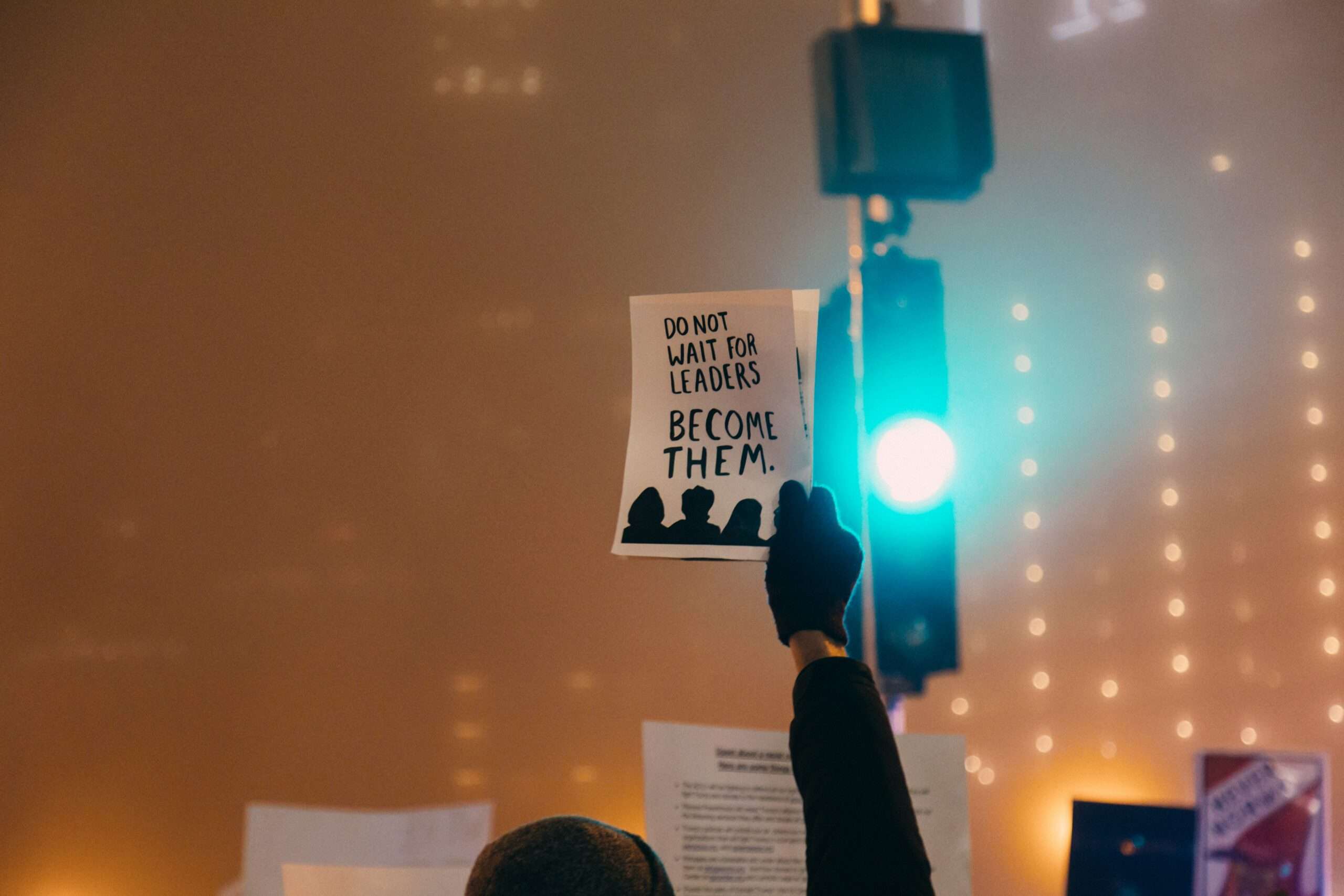In 2019, a group of more than 100 CEOs of major American companies released a shocking statement, directly contradicting Milton Friedman’s idea of businesses’ sole purpose is to generate profit for shareholders and inserted their view that the purpose of business was no longer to maximise profits for shareholders. The new purpose of business is now to maximise value for stakeholders.
But what does that mean? Who is the stakeholder and what value are we supposed to be maximising? There are a lot of different organisations that have different perspectives on that. But despite the lack of a clear definition, the terms of stakeholder capitalism seem to be catching on. And with it, a new paradigm of business, one very different from Friedman’s view is emerging.
The 10 Things You Need to Know about Stakeholder Capitalism, a 10-part podcast mini-series that will introduce the listener to nine companies who are showing the rest of us what stakeholder capitalism can really do for humanity. And critically, how we can help to transform our companies too. It also introduces and illustrates an ambitious and actionable definition for stakeholder capitalism.
Episode 1: The Economics of Mutuality
Episode 1 is featuring Jay Jakub that will discuss the story behind the economics of mutuality and the story of microentrepreneurs in the economics of mutuality pilot program.
Episode 2: Firms of Endearment
Episode 2 features the story of Raj Sisodia’a journey of writing the book ‘Firms of Endearment.’ The research for the book uncovered the startling discovery that stakeholder capitalism management practices resulted in a 14 to1 performance advantage over the 15-year period.
Episode 3: Bags Fly Free
Episode 3 features Marianne Malina, the President of GSD&M telling the story of Gary Kelly who rejected the trade-off choice that led every major air carrier to begin charging for the 1st and 2nd checked bags. The rejection proved to be the smartest bet in the industry by the end of 2009. The key is deliberately endeavouring to create value for each of your company’s stakeholders and then rejecting the framing that leads to what appears to be a trade-off choice between stakeholders. Do that well, and you will find opportunity after opportunity for innovation.
The tool mentioned in the episode that can help companies learn to do this is a simple framework developed by Tim Kelley and Nathan Havey that helps a management team to self-assess how they are doing with stakeholder engagement.
Episode 4: Interface
Episode 4 of this podcast mini-series tells the story of Interface from 1994 through 2019, a period during which the petroleum-dependent company would innovate circles around its competitors reducing its carbon footprint 96% and building a new operating model designed to go beyond minimizing environmental harm to actually maximizing environmental benefit, pulling carbon out of the atmosphere and locking it away in its materials and products.
Episode 5: Barry Wehmiller
Episode 5 features the story of a company named Barry Wehmiller, a global supplier of manufacturing technology and services which, during the tenure of CEO Bob Chapman, has grown into a $3 Billion global enterprise. For the last couple of decades, Chapman and his team have been focused on creating a culture of trust and caring that aims to help people discover their gifts, develop their gifts, and be appreciated for doing so.
Episode 6: Televerde
Episode 6 of 10 things You Should Know About Stakeholder Capitalism tells the story of Christin Swansinger, an inmate that met Televerde, a call centre that operates inside of several prisons in the U.S. that provide excellent service to their customers while helping inmates to establish a foundation that will set them up for success after their release. This is just one example of the ways in which businesses are complicit in systemic discrimination, and of the opportunity and the power businesses have to counter, and even dismantle those same systems.
Episode 7: TRU Colors
Episode 7 shares the story of TRU Colors Brewery in Wilmington, NC, a business co-founded by the leaders of rival gangs in the area with the help of a serial entrepreneur named George Taylor. The rules of TRU Colors are straightforward, make a liveable wage for your job, do your work at a very high level, and use your influence as a gang leader to stop gun violence in your organization. To make that work, TRU Colors has built a special culture, and the storyteller in this episode is the architect of that culture, Khalilah Olokunola, or as she is known at TRU Colors, “KO”.
Episode 8: Café Momentum
Episode 8 shares the story of Cafe Momentum, one of the finest restaurants in Dallas that happen to be operated through a ground-breaking internship program for young people who have been recently released from juvenile detention. While technically a non-profit, this company has produced a $40 million dollar return on a $4 million dollar investment, and it has done so by boldly seeking to solve a worthy problem.
This story builds on episodes 6 and 7 to show the dramatic impact even a small business can make when it embraces the power of stakeholder capitalism.
Episode 9: The State of the Movement
Episode 9 departs from the format of the other episodes in the series to discuss the state of the movement for stakeholder capitalism and the systems that will need to be addressed to accelerate progress. Jay Jakub from Episode 1, Raj Sisodia from Episode 2, and Bob Chapman from Episode 5 return to share their perspectives.
Episode 9 is also a reveal of sorts in which Amanda and Nathan pull back the curtain on the structure of the podcast, revealing a comprehensive and ambitious definition for Stakeholder Capitalism.
Episode 10: BIGGBY COFFEE
The final episode of 10 Things You Should Know About Stakeholder Capitalism tells the story of the first six years of BIGGBY COFFEE’s transition toward Stakeholder Capitalism. Starting with a chance encounter around a fire pit on an island in the middle of Lake Michigan, to a vision that aims to change workplace culture in America, the BIGGBY journey is an excellent example of the difficulty and the distinction that accompany the work of integrating the 10 things you should know about stakeholder capitalism.
These podcasts was first published here.
Photo by Jonathan Velasquez on Unsplash.

 1.0
1.0 





















